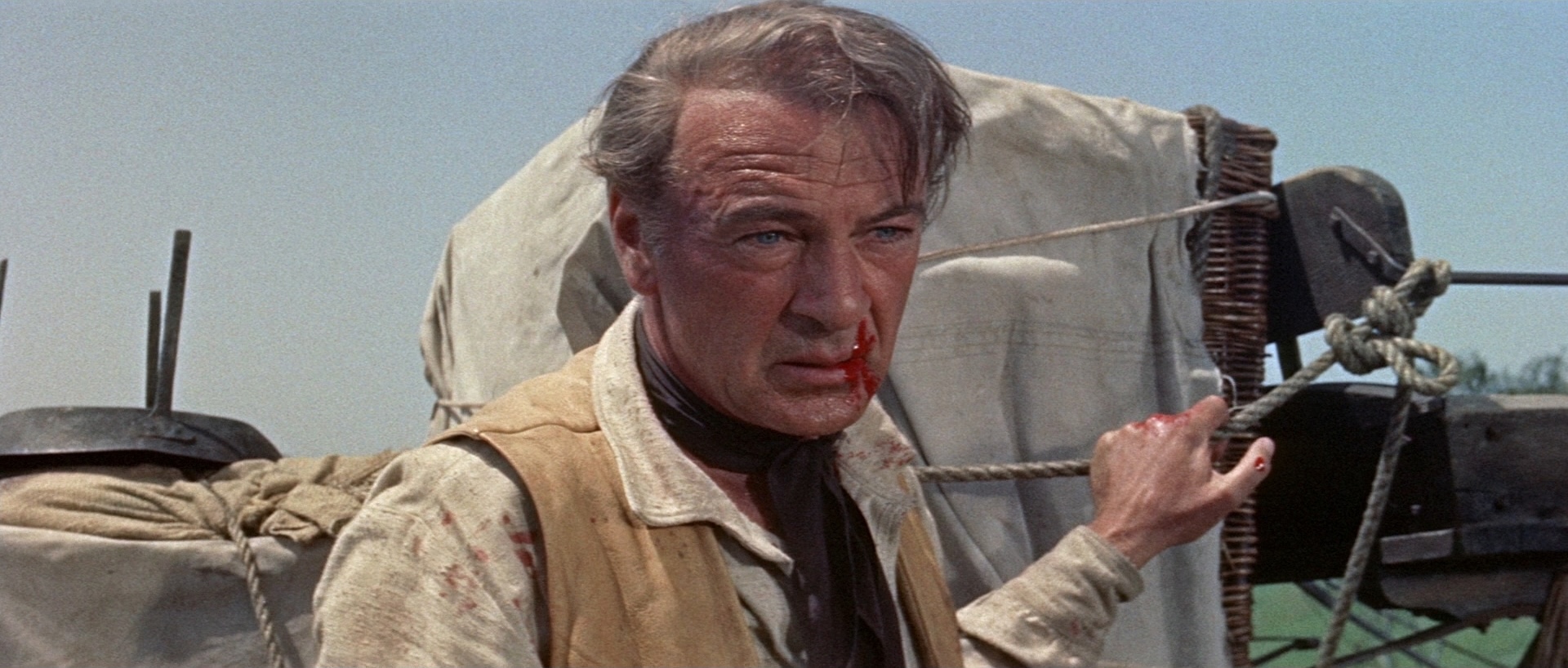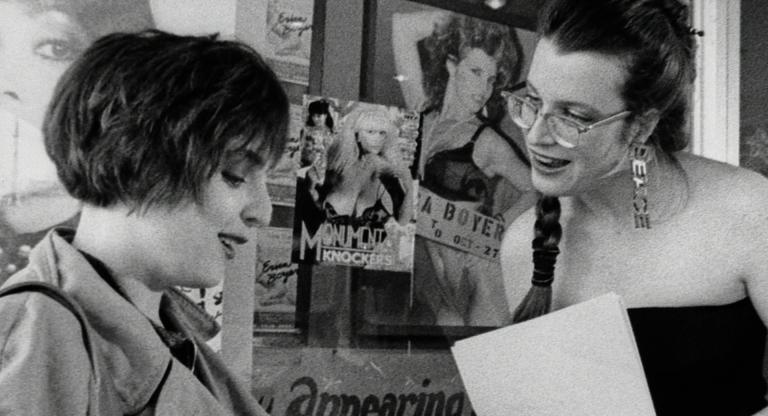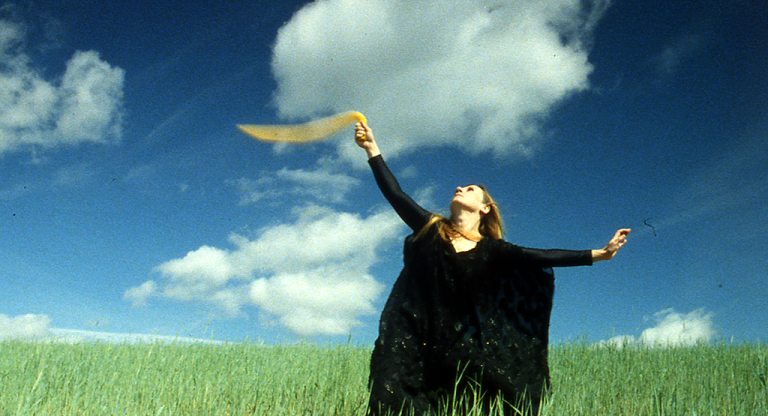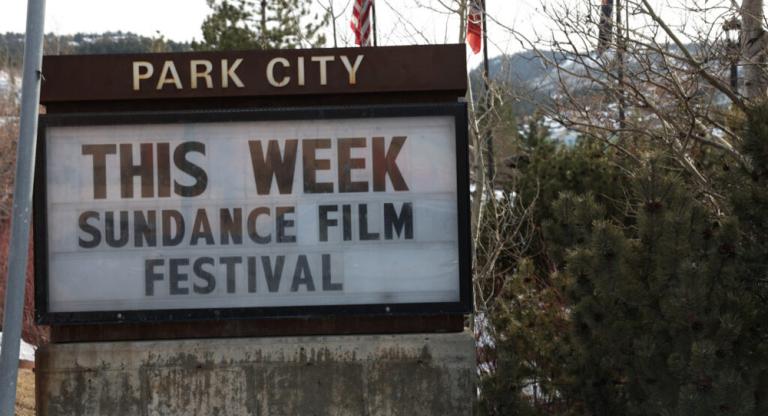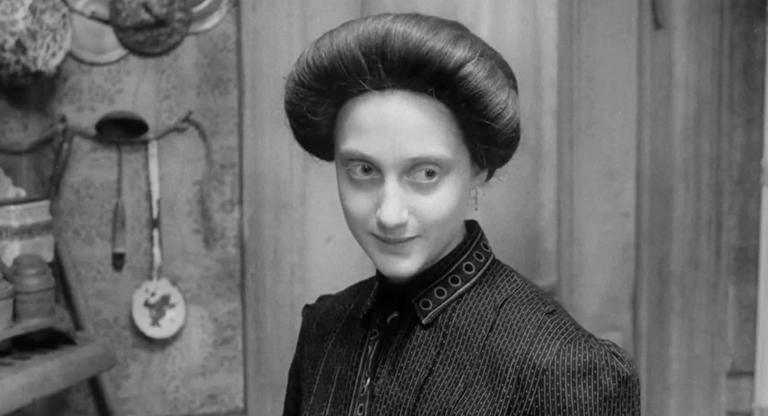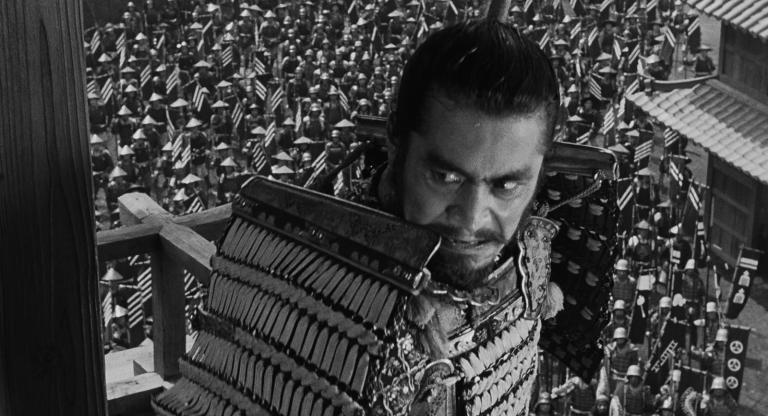Director Anthony Mann’s name is synonymous with the psychological western of the 1950s, a variation on the genre in which obsession and revenge take precedence over heroism and justice. For his 1958 film, Man of the West, Mann teamed up with Gary Cooper and Lee J. Cobb for a western chamber piece that plunges a once violent man back into his past.
Gary Cooper plays Link Jones, a former outlaw who is now a trusted member of the community where he’s made a new life for himself. When the town tasks him with carrying the money to hire a new schoolteacher, the train he’s traveling on becomes the target of a botched robbery, with Link and two other train passengers being left behind as the locomotive speeds away. Looking for safety, Link takes his new companions to a deserted frontier homestead that once served as a hideout for his uncle Dock Tobin’s gang. But it turns out the outlaws who attempted to rob the train are holed up there along with the infamous and now aged Dock (Lee J. Cobb). Believing, or desperately wanting to believe, Link has returned to the gang, Dock decides to act on his long held dream of robbing the bank in Lasoo, but the rest of the old man’s gang isn’t convinced and Link must find a way to keep himself and his companions alive.
Written by the influential television writer Reginald Rose, who penned the Twelve Angry Men play, Man of the West is a work of nostalgic yearning and near unbearable tension. Cooper’s Link is both a hostage and prodigal son who uses Dock’s affection for him, and the prosperous past he represents, to his advantage. The subtleties in how Cobb and Cooper perform their relationship and their discrete remembrances of a shared past—part terror, part fear, part paternal warmth, part exuberant violence—is dazzling. The film is haunted by things that once were, but it is Cooper’s rejection of the fact that he once was a violent killer that troubles things further, thwarting the passions of the present and creating an explosive dramatic and psychological space.
In a way, Man of the West is the apotheosis of the psychological western inasmuch as it’s considered the director’s last great western and in the way he uses its narrative to dramatize Freud’s conception of the ego. Mann’s westerns, especially The Furies (1950), have been cited for their Freudian elements and often dealt with complex interiorities. While the director is most widely known for his westerns starring Jimmy Stewart, in which the beloved American actor played anguished cowboys, Man of the West seems to explore its characters’ unique psychologies while also highlighting a more abstract structural framework—a dynamic given shape by the tension between the film’s two principles.
Lee J. Cobb stands in for the id. He’s cruel, ferocious, impulsive, and happy to take whatever he wants no matter the consequences. Gary Cooper can be seen as the superego, with atavistic urges tempered by reason and civility. The two sides of this coin are given life by two perfectly cast actors. Lee J. Cobb exemplifies the sour gut of American masculinity with his fiery method acting masking his character’s waning youthful virility, and Cooper exemplifies the softly stoic, mythic frontiersman. But in one of the film’s most telling moments, as Dock humiliates a member of his gang in a game of pure strength, we see the old bloodlust return to Cooper’s eyes for one fleeting, searing instant.
Man of the West screens on 35mm Saturday and Sunday, November 15 & 16, at the Stanford, on a double bill with High Noon.
